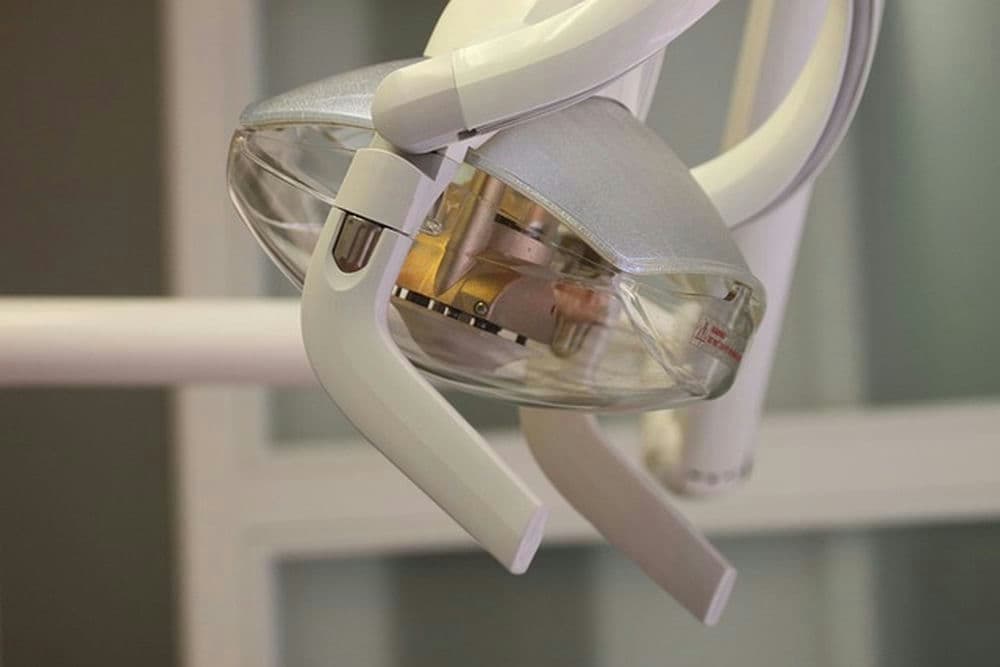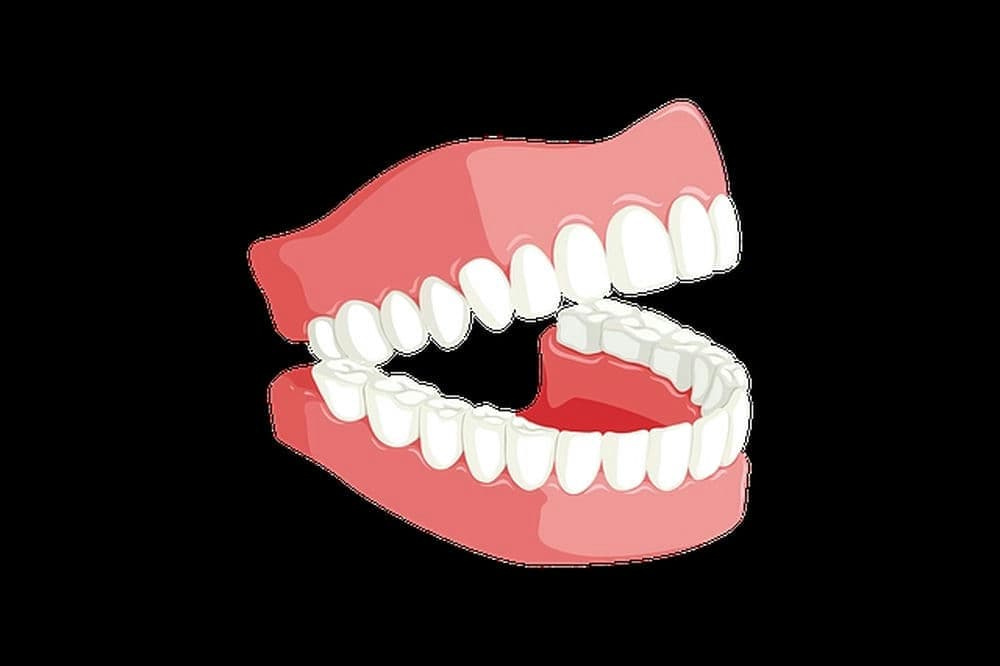Pages
average cost of full mouth dental implants
1/3/2023

We robotically use dental implants to change single and distinct missing teeth. Dental implant era has become the modern day tooth substitute answer due to its advantages over earlier therapies. And, with modern strategies in dentistry, most sufferers can benefit from them – even folks that were previously told they could not. If you've got one or more missing teeth, or have broken or decayed teeth that can be beyond repair, implants are frequently the reply. If you’re uncomfortable with your dentures, partial denture, or bridge, that you could advantage from implant technology. In the past, sufferers with insufficient bone or who had bound health conditions or habits were not considered applicants for implants.
Because the titanium in the implants fuses with your jawbone, the implants won't slip, make noise or cause bone damage the style fixed bridgework or dentures might. And the ingredients can't decay like your own teeth that help commonplace bridgework can. In normal, dental implants may be right for you if you:Have one or more missing teethHave a jawbone that's reached full growthHave adequate bone to secure the implants or are capable of have a bone graftHave fit oral tissuesDon't have health situations which will affect bone healingAre unable or unwilling to wear denturesWant to enhance your speechAre inclined to commit a few months to the processDon't smoke tobaccoLike any surgical procedure, dental implant surgery poses some health risks. Problems are rare, though, and after they do occur they're typically minor and easily treated. Risks come with:Infection at the implant siteInjury or damage to surrounding buildings, reminiscent of other teeth or blood vesselsNerve damage, which may cause pain, numbness or tingling in your herbal teeth, gums, lips or chinSinus issues, when dental implants placed in the higher jaw protrude into one of your sinus cavitiesHow you prepareThe planning course of for dental implants may contain a lot of specialists, including a doctor who specializes in conditions of the mouth, jaw and face (oral and maxillofacial surgeon), a dentist specializing in treating constructions that help tooth, corresponding to gums and bones (periodontist), a dentist who designs and fits synthetic teeth (prosthodontist), or now and again an ear, nose and throat (ENT) specialist. Because dental implants require a number of surgical strategies, you need to have an intensive analysis to organize for the course of, including a:Comprehensive dental exam.
zirconia dental implants
2/22/2023

Full arch dental implants can be used as a part of a full mouth reconstruction to support a complete arch of prosthetic teeth and is similar to a dental bridge.
(An elevated heart rate can result in higher pain and swelling. )Chew on any other side of your mouth. (If you had implants placed on each side, eat soft foods for a few days, after which add other foods as your comfort level allows. )Brush and floss each day. Clean the implant site as directed by your surgeon. What are the blessings of dental implants?Dental implants offer a wide array of merits. They can:Improve speech and chewing means. Enhance the look of your smile. Secure everlasting or detachable bridges and dentures. Provide teeth substitute without changing (shaving down) your neighboring teeth. (This is essential for dental bridges.
dental implants for seniors near me
1/20/2023

Finally, your general practitioner will reposition your gums and shut the incision with stitches. The steps for dental implant placement are commonly an analogous for each person. But on occasion, a doctor can place a dental implant and healing (like a crown or bridge) multi functional visit. Most of the time, even though, you’ll need a few months for the implant to heal before your dentist can safely place a final recuperation. In these cases, your dentist can make a temporary (customarily detachable) healing for you to wear in the course of the healing phase. What happens after dental implant placement?Your general practitioner will give you a detailed list of postoperative instructions.
If you’re uncomfortable along with your dentures, partial denture, or bridge, which you can benefit from implant generation. In the past, sufferers with insufficient bone or who had certain health circumstances or habits weren't regarded candidates for implants. Advances in diagnostics and bone reconstruction have made it in order that most patients can obtain implants. Dental Implants behave like herbal teethOne of the largest benefits of an implant is that it restores full chewing power. Most sufferers can’t tell the change between their natural teeth and the implant tooth. They can eat with it absolutely consistently, and that they can brush and floss forever to boot.
zimmer dental implants
2/27/2023

The most complicated aspect of dentures, and the unhealthiest, is their poor chewing skill. many ought to limit their diets as a result of they're unable to chew sure foods with their dentures. If you are figuring out among classic dentures or an implant-supported recovery, here are a few things to agree with. Dentures often ought to be kept in the mouth through the use of a dental adhesive. This sometimes requires re-glues after meals. An implant-supported denture requires no adhesive.
Placing a dental repair too soon can result in implant failure. How long do dental implants last?Currently, dental implants are the longest-lasting teeth substitute option accessible. With proper care and maintenance, they could last an entire life. However, the restoration on top of your dental implant will need replacing at some point soon. Most crowns and bridges last around 15 years and most dentures last at the least seven years, but this timeline varies. When should I see my dentist?If you have got tooth loss that’s interfering together with your best of life, time table an appointment with a dentist to discuss your replacement alternatives. They can help determine if dental implants are the right solution for you. Are dental implants painful?Dental implant placement is a surgical manner. Like any surgical system, some discomfort is normal. But nonsteroidal anti inflammatory drugs (NSAIDs), reminiscent of ibuprofen, may help reduce pain and swelling associated with dental implant surgery. You can also reduce your risk of pain by fending off the gym for a few days.